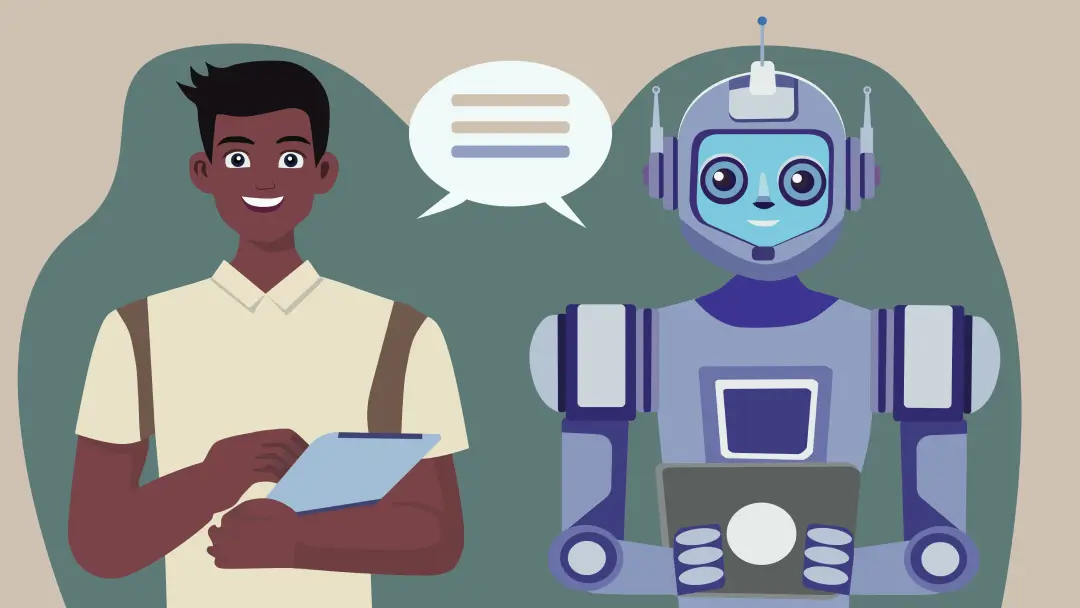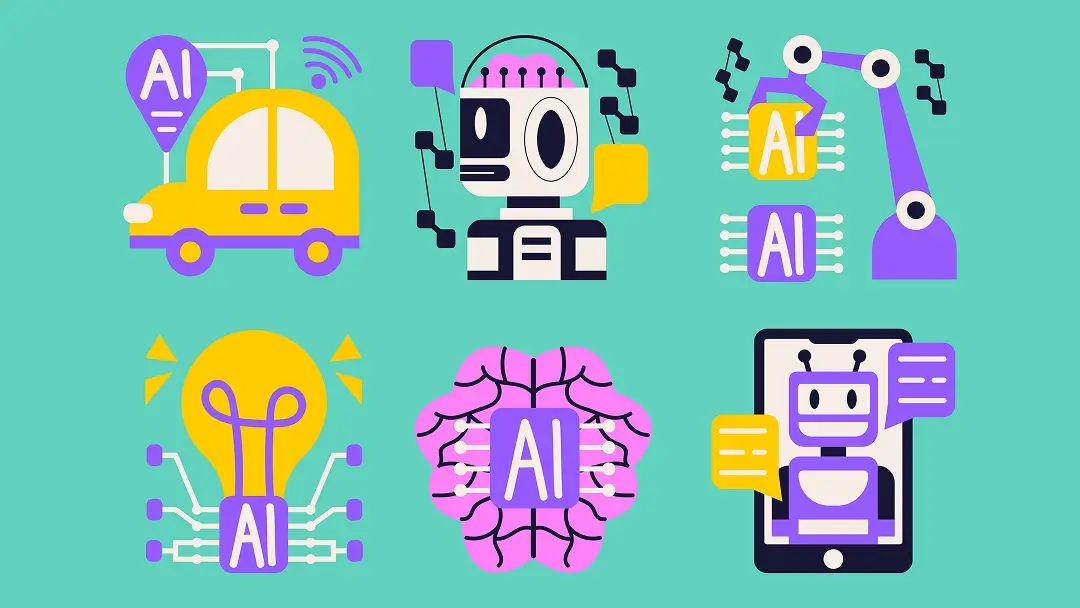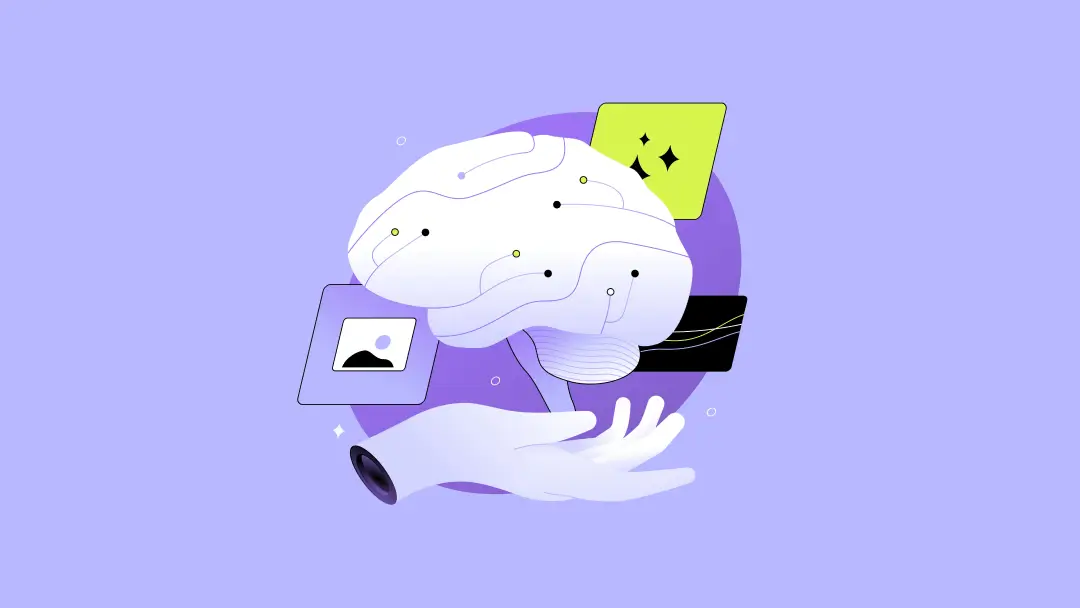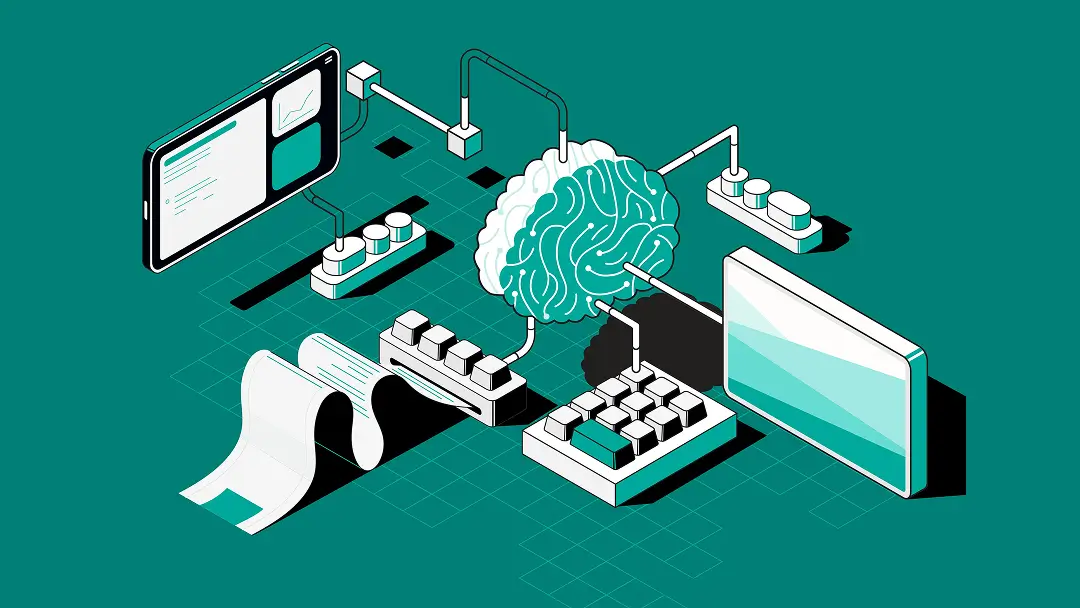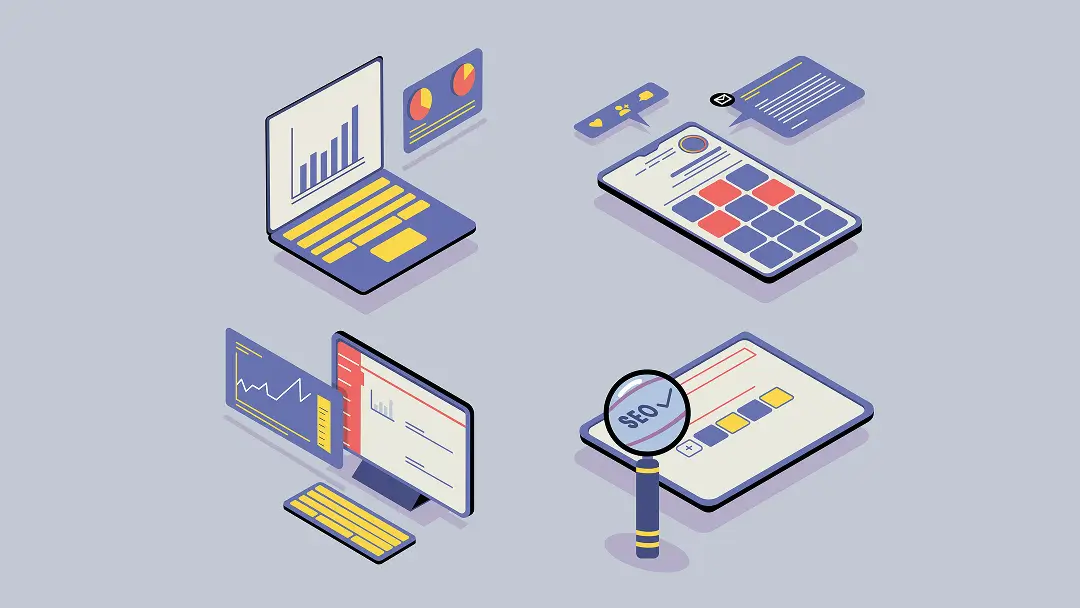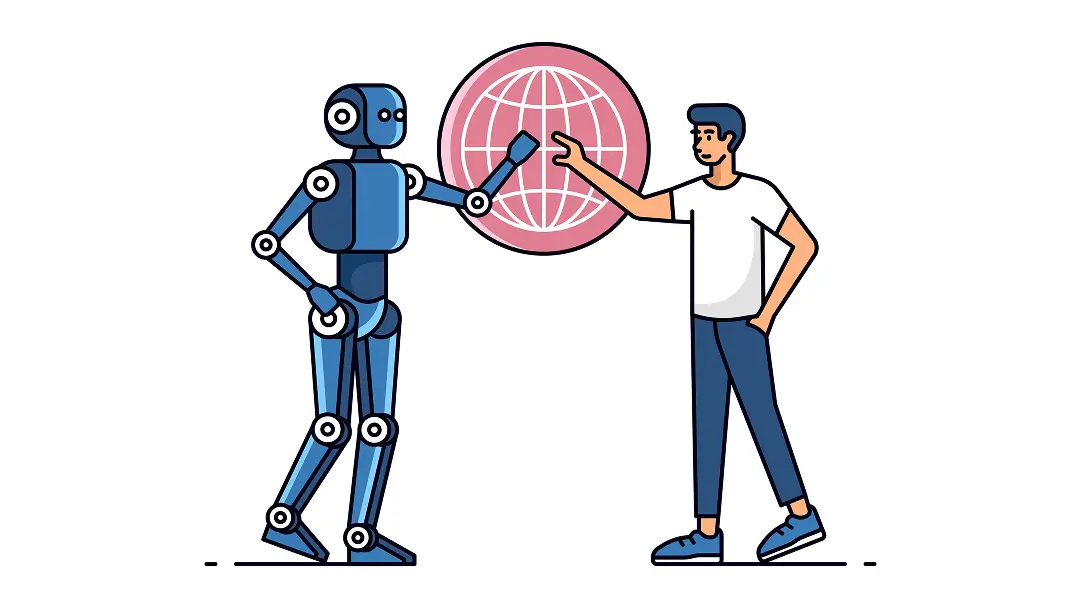AI in Consulting: Benefits and Use Cases
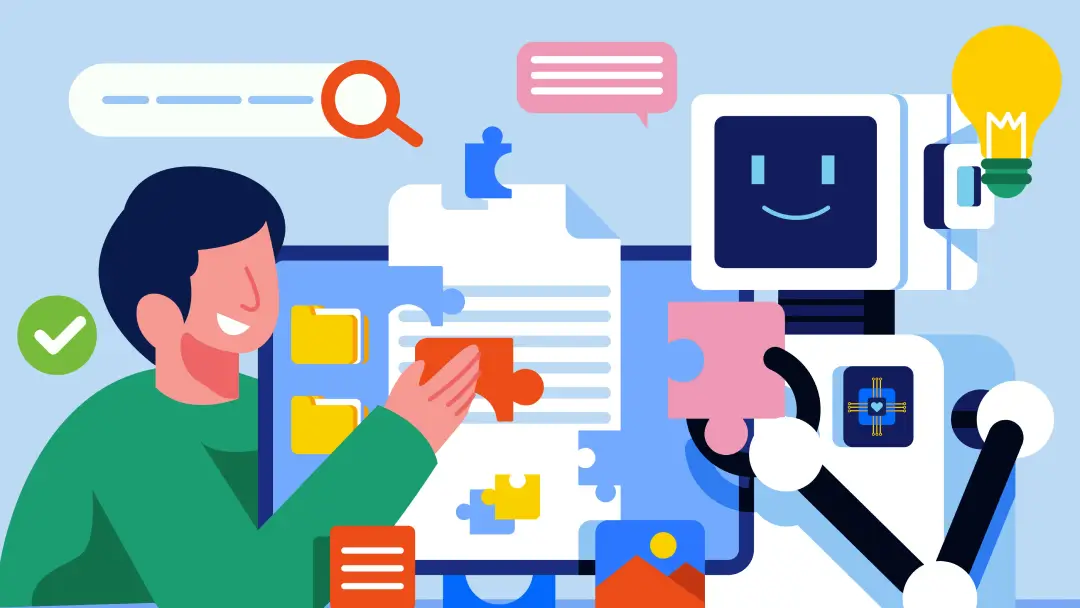
Consultants used to rely on manual data crunching and intuition to deliver solutions to clients. Now, algorithms and machine learning models do the heavy lifting, sifting through mountains of data in seconds.
But generative AI doesn’t just work quickly. It uncovers patterns and insights that even the sharpest human consultants might overlook. And for consultants, this is a game-changer.
Let’s explore how AI in consulting has rapidly transformed the industry, from enhancing workflows to unlocking deep client insights. Discover practical use cases, potential risks, and how to strike the right balance between AI tools and human expertise.
3 benefits of AI in consulting
Artificial intelligence has supercharged the consulting industry. From solving problems faster to leveraging laser-focused insights, AI-powered tools let consulting firms deliver smarter, sharper, and more efficient solutions than ever. Here are some key benefits:
1. Streamline problem-solving
AI-powered tools can dramatically reduce the time consulting firms spend tackling complex challenges. Machine learning algorithms and generative AI can process large datasets in seconds, offering actionable insights consultants once spent weeks (or even months) uncovering. By automating data analysis, AI technology allows consulting services to spend the bulk of their energy creating groundbreaking strategies — not sifting through data.
2. Personalized insights and solutions
Using AI allows consulting firms to uncover the subtle, individualized needs of each client — like specific customer behaviors, preferences, or market trends — that shape a business's success. By uncovering these nuanced insights, AI lets consultants tailor strategies more easily than ever before.
3. Enhanced scalability
Will AI replace consultants? No — it’s still a good time to become a consultant and build a career. AI is just a tool that helps professionals to grow and scale their impact. Automating routine tasks (like data collection, reporting, and report writing) frees up time for consultants to focus on high-level strategy and client relationships. This efficiency allows firms to handle more clients, large projects, and complex challenges without sacrificing service quality.
AI in consulting: 4 use cases
What does generative AI consulting look like? Let’s explore how you can put AI tools to the test in a few real-world consulting scenarios:
1. Automate deliverables
Data collection and analysis is half the job. The other half involves drafting reports, presentations, and client communications. With AI agents like Otter.ai, consulting firms can automate these tasks, rapidly generating meeting summaries, follow-up emails, and action item lists. Less time spent on administrative work means more time dedicated to high-level productivity and relationship-building — tasks that are uniquely human.
2. Streamlined recruitment processes
Consulting requires a unique combination of technical abilities and strategic thinking. AI-powered recruitment tools help consulting firms quickly identify and assess the right candidates for their personnel needs. Likewise, consulting firms can use AI to match the right team members to individual projects, aligning each consultant’s expertise with clients.
3. Enhanced predictive modeling and forecasting
History repeats — unless you have the tools to analyze past trends to build better future outcomes. AI-powered predictive modeling allows consulting firms to leverage vast datasets to forecast market shifts, customer behavior, and business performance. With machine learning and advanced algorithms, consultants can create proactive, strategic advice to clients rather than simply reacting to changing markets.
For instance, consultants can use AI tools to measure demand for a client’s product in different regions, anticipate financial fluctuations, or assess the likelihood of project success.
4. Optimize client relationships
Consulting is a deeply human exchange that relies on strong rapport, trust, and understanding of client needs. AI acts as an assistant to this process, tracking project feedback and engagement patterns and empowering consultants to identify when a client needs additional support or new solutions. When consultants personalize their approach to each client, they improve client retention and satisfaction.
Risks and challenges of AI in consulting
AI in consulting is a game-changer, but it’s not all smooth sailing. Here are a few rough patches that require careful navigation:
Ethical considerations
AI-powered technology relies on massive datasets that can contain biases or reflect outdated information. For consulting firms, this means being vigilant about the ethical implications of their AI systems, making sure AI consultants don’t inadvertently reinforce discrimination or unfair practices. Ongoing oversight and regular audits are the only way to check that AI solutions are fair, accurate, and reflect the values of clients and consulting firms alike.
Copyright and patent issues
AI models aren’t entirely original. Large language models and machine learning algorithms generate content based on the data they’re trained on. This can create copyright and patent issues for AI models trained on proprietary information. Consulting firms need to take these risks seriously and make sure AI-generated deliverables don’t infringe existing copyrights, intellectual property rights, or privacy laws.
Skills gaps
As AI tools become more integrated into our professional lives, it’s easy to rely too heavily on technology. Neglecting skill-building, knowledge acquisition, and unique human critical thinking diminishes a consulting firm’s ability to offer innovative, context-driven solutions. Consulting firms need to emphasize the importance of maintaining a strong foundation of expertise, using AI to enhance — not replace — their team’s judgment and creativity.
Over-reliance on AI
Relying heavily on AI technologies doesn’t just risk alienating your workforce. It can also alienate your clients with impersonal, inhuman communications. AI-generated reports, emails, and presentations drafted by AI are helpful, but they often lack a human touch. Clients can easily detect when content feels formulaic. Look over AI-generated content to make sure it reflects your voice as a consultant.
The future of consulting: Is AI going to replace consulting?
AI tools are powerful partners for consultants, but they can’t match the creativity and strategic thinking of human consultants. Computer systems also can’t build the same relationships that drive decisions and results.
As consulting industry trends evolve, AI will undoubtedly be at the forefront of new advances. But its role will be to support — not take over — the human touch that makes consulting effective. AI will likely handle data analysis and task automation, leaving time for human consultants to develop actionable strategies and context-driven critical thinking. The future of AI in consulting lies in leveraging its power, not as a replacement for the irreplaceable value that people provide.
AI-driven consulting starts here: explore Otter.ai
AI tools can do it all — from crunching complex data to taking over everyday tasks like note-taking. By freeing up time from administrative duties, Otter.ai helps consultants focus on what really matters: strategy, client relationships, and delivering insights that make an impact. AI-powered meeting assistants like Otter are becoming standard in most enterprise settings, saving professionals and teams an average of 4 hours a week.
Ready to streamline your workflow? Try Otter.ai today and see how AI transforms your consulting practice.





